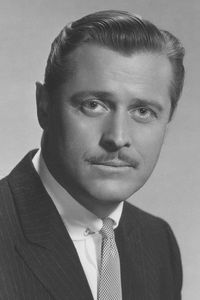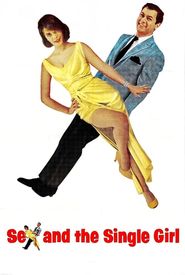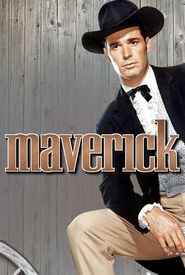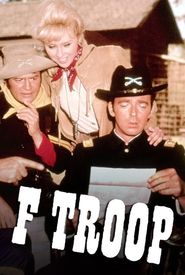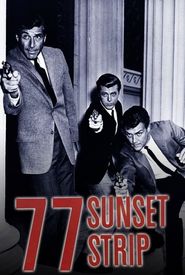William T. Orr, a television producer and actor, was widely recognized by fans of 1950s and 1960s TV shows for his distinctive credit, "Wm. T. Orr," which appeared at the end of every Warner Bros. show, including Maverick, Cheyenne, 77 Sunset Strip, and F Troop.
As the head of WB Television for nine years, Orr played a significant role in the studio's early forays into television, helping to establish ABC as a major player in the prime-time market with a consistent lineup of westerns and detective shows. His experience in the industry spanned several decades, and he began his career in 1936 as an actor, moving from his native New York to Los Angeles, where he found work as a second lead opposite notable stars such as Lucille Ball, Henry Fonda, James Stewart, and Edward G. Robinson.
Orr's unique talent lay in his ability to imitate his peers, earning him a reputation as a skilled comic impersonator in the musical stage review "Meet The People," a satirical production that combined politics and song. During World War II, Orr served as an officer in the Army Air Force's First Motion Picture Unit, producing training films at the former Hal Roach Studios in Culver City, California, alongside fellow actors Ronald Reagan, William Holden, and Alan Ladd.
In 1945, Orr married Joy Page, the stepdaughter of Warner Bros. studio chief Jack L. Warner, securing a prominent position in Hollywood society. A year later, he became one of Warner's assistants, an opportunity that allowed him to showcase his talent for identifying new and emerging actors, including James Dean, Paul Newman, and Marlon Brando. In 1958, he was appointed head of Warner Bros.' fledgling TV division, and during his tenure, he oversaw the development and production of nine shows in the early 1960s.
Orr left Warner Bros. in 1965 to pursue independent production, and he eventually retired in the mid-1970s, choosing to walk away from the industry.
